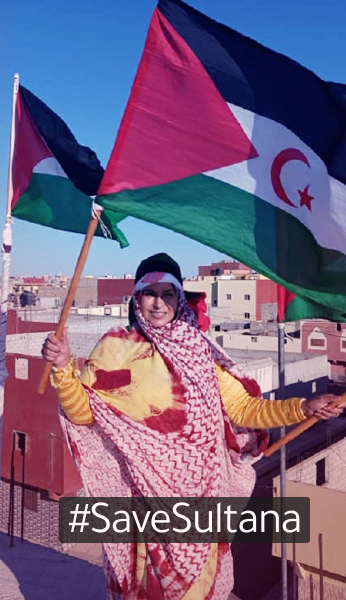Equipe Media
Occupied Dakhla, October 2, 2023
For the past six years, the Moroccan Office of Drinking Water has blamed the ongoing maintenance work on the high reservoir for the water shortages in the occupied city of Dakhla. However, this explanation has failed to appease the anger of the residents of the city, located in the occupied Western Sahara.
Last year, water shortages lasted for 45 consecutive days in some neighborhoods, according to an Equipe Media correspondent. This led to protests in neighborhoods such as Akseikissat, Um Al-Tunsi, Al-Ghufran, Al-Nahda, Al-Amal, Al-Qasam, and Al-Salam. The issue was eventually resolved by scheduling water pumping times in some neighborhoods twice a week.
In an interview with Equipe Media, Sahrawi human rights activist Rashid Al-Saghir said that the frequent and continuous water shortages since 2016 expose the falseness of Moroccan claims of developing the city. The original inhabitants of Dakhla live between the oppression of the occupation, the greed of foreign businessmen, and privileges provided to settlers. This is without mentioning the excessive exploitation of fresh groundwater for the benefit of Toaurgat farms, the profits of which go to Moroccan and European investors.
Last year, Moroccan occupation authorities signed an agreement to design and operate a new irrigation system to exploit groundwater for vegetable irrigation. Sahrawi activists consider this a threat to environmental balance and a violation of the rights and security of future generations.





